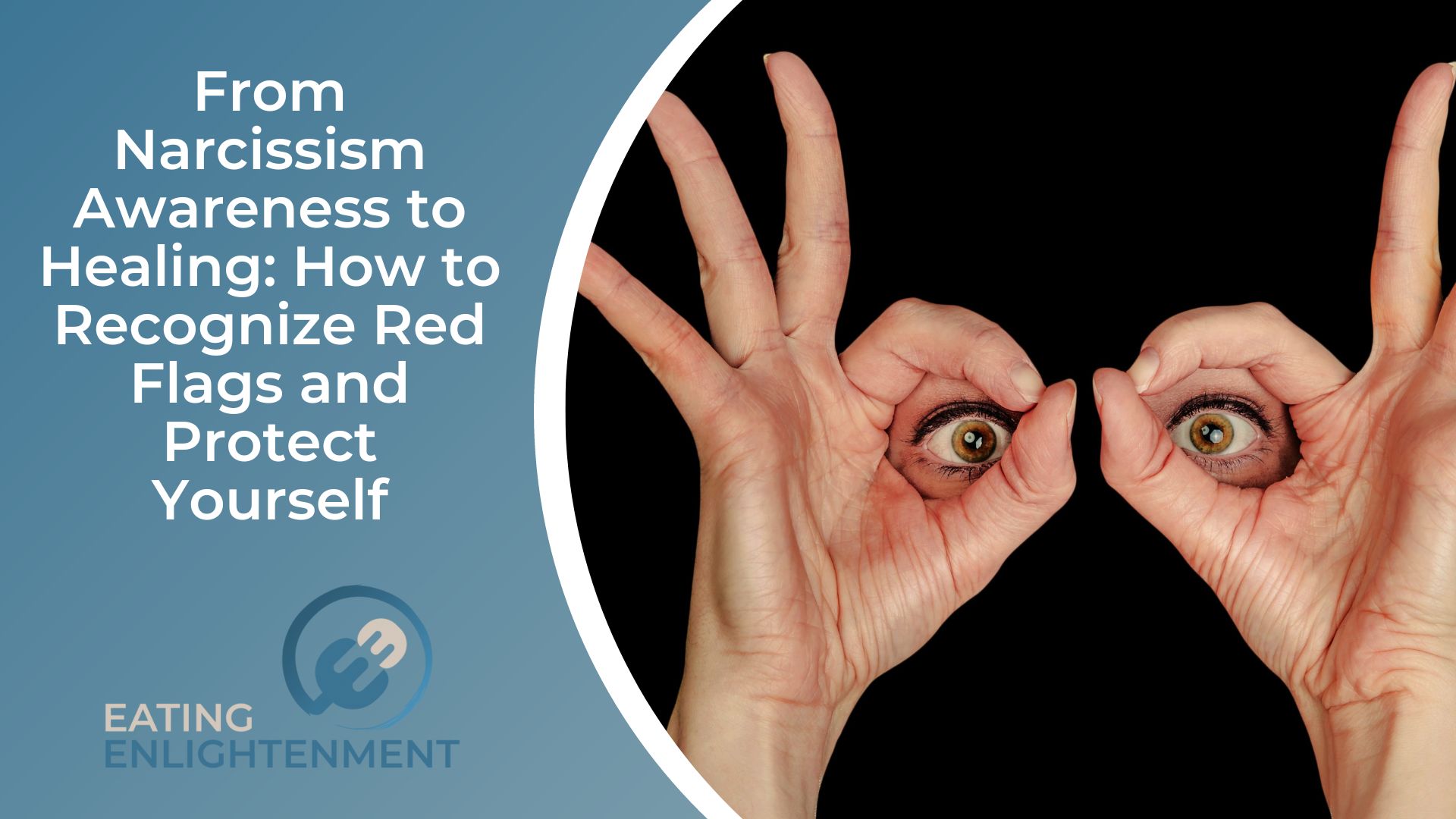Narcissism refers to a personality disorder characterized by an inflated sense of self-importance, a lack of empathy, and a constant need for admiration. Dealing with a narcissist is challenging, as their manipulative behaviors can have a significant impact on those around them. This comprehensive guide aims to raise awareness about narcissism, help readers recognize red flags, and provide strategies for protecting oneself and fostering healing.

Understanding Narcissism
Narcissistic Personality Disorder is a recognized mental health condition. While not everyone with narcissistic traits has NPD, understanding the disorder can shed light on the behaviors exhibited by individuals with narcissistic tendencies. Often, covert narcissist traits manifest differently than the more overt behaviors associated with grandiose narcissism. Covert narcissism involves a quieter, more subtle form of self-centeredness, making it challenging to identify.
Common Traits of Narcissism:
- Grandiosity: A narcissist often has an exaggerated sense of self-importance, believing they are unique or special and deserving of special treatment.
- Lack of Empathy: Narcissists struggle to understand or identify with the feelings of others. They may dismiss or invalidate others’ emotions.
- Sense of Entitlement: A narcissist believes they are entitled to special privileges and are often unwilling to recognize the needs and desires of others.
- Manipulative Behavior: Narcissists can be highly manipulative, using charm or intimidation to achieve their goals.
- Fragile Self-Esteem: Despite their outward confidence, narcissists often have fragile self-esteem that is easily wounded.
Recognizing Red Flags
Narcissists often engage in self-aggrandizement, boasting about their achievements, talents, or experiences. They may dominate conversations with stories that emphasize their importance. One of the hallmark traits of narcissism is a profound lack of empathy.
Narcissists may dismiss others’ emotions, invalidate their experiences, or show little concern for their well-being. Due to their difficulty empathizing and connecting with others on a genuine level, narcissists often struggle to maintain long-term, healthy relationships. Their relationships may be marked by cycles of idealization and devaluation. Narcissists are skilled manipulators who use charm, flattery, or intimidation to achieve their goals. They may exploit others for personal gain without regard for the consequences.
Individuals with narcissistic traits crave continuous admiration and validation. They seek attention and praise, often becoming upset when they perceive a lack of acknowledgment. Narcissists struggle to handle criticism, often reacting with defensiveness, anger, or resentment. They may go to great lengths to avoid accountability for their actions. Narcissists may believe they are entitled to special treatment and may disregard the boundaries and needs of others. This can manifest in behaviors such as taking credit for others’ work or invading personal space.
Protecting Yourself from Narcissistic Abuse
Setting clear and assertive boundaries is crucial when dealing with narcissists. Prioritize your well-being through self-care practices. Knowledge is a powerful tool in dealing with narcissistic personalities. Learn more about narcissism, its traits, and manipulation tactics. Understanding their behavior can help you navigate interactions more effectively.
Therapy can provide a safe space to process emotions, explore coping strategies, and gain insights into navigating relationships with narcissistic individuals. Emotional detachment is a coping mechanism that involves maintaining a level of emotional distance from the narcissist’s manipulations. This doesn’t mean cutting off all emotional connections but instead protecting yourself from the emotional toll of their behaviors. Trust your instincts and avoid falling into the trap of gaslighting.
Healing from Narcissistic Abuse
Recognize and validate the emotional, psychological, and sometimes physical impact of narcissistic abuse. Acknowledging the harm is the first step toward healing. Professional therapy is instrumental in healing from narcissistic abuse. A therapist can help you process the trauma, rebuild self-esteem, and develop coping mechanisms to navigate future relationships. Cultivate self-love and self-compassion as part of your healing journey. Practice positive affirmations, engage in self-care, and celebrate your strengths and accomplishments.
Rebuilding healthy relationships can counteract the negative impact of narcissistic abuse.
Understand that healing is a gradual process, and setting realistic expectations for yourself is essential. Patience and self-compassion are crucial elements in the journey to recovery. Reflect on the dynamics of the abusive relationship and identify healthier relationship patterns. Understanding what constitutes a healthy relationship can guide your interactions in the future. Channel the energy spent dealing with a narcissist into personal growth. Set goals, pursue interests, and invest in your development to create a fulfilling and meaningful life.

By recognizing red flags, setting boundaries, and seeking support, individuals can protect themselves from the detrimental effects of narcissistic abuse. Additionally, healing from such experiences involves acknowledging the impact, seeking professional help, and fostering a journey of self-discovery and growth.
Remember that you are not alone, and with the right strategies and support, you can emerge from the shadows of narcissistic abuse and reclaim your sense of self-worth and well-being.



